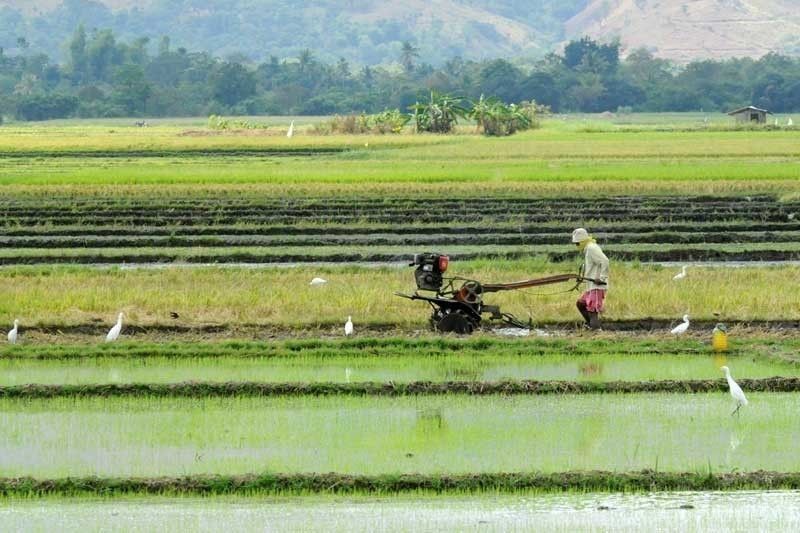Agri-Agra Law changes seen to boost farm productivity

MANILA, Philippines — The latest changes in the Agri-Agra Law, which mandates private banks to lend a portion of their funds to farmers, are expected to boost agricultural productivity and contribute to economic recovery.
Government agencies recently signed the amended implementing rules and regulations of the Agri-Agra Reform Credit Act of 2009 after more than a decade since its enactment.
The amended IRR were jointly drafted by the Bangko Sentral ng Pilipinas, Department of Agriculture, and Department of Agrarian Reform, in consultation with the banking industry.
“The signing of the amended IRR came at a very opportune time as our agri-fishery sector takes up the challenge of leading the economic recovery amid the protracted health crisis. This would facilitate higher investments by banks in the agri-agra sectors,” Agriculture Secretary William Dar said.
The law requires banks to allot 15 percent of their loan portfolio for agriculture and the remaining 10 percent for agrarian reform beneficiaries. However, the banking industry has been non-compliant with the law for many years now.
Since its enactment, the utilization of the loan funds has been very low and banks have been opting to just pay penalties.
The IRR amendments include deletion of the accreditation requirements for debt securities, expansion in the modes of compliance with the agrarian reform credit, and expansion of agri-agra eligible purposes.
It also covers the amendment to the computation of total loanable funds of newly established banks and extension of loans to borrowers for purposes of financing activities including palay housing and farming homestead.
The amendments will also reduce operational challenges faced by banks in complying with the provisions of the law.
The DA has long been arguing that one of the reasons why the farm sector continues to lag behind and contribute measly to the national economy is due to the non-lending of banks.
BSP Governor Benjamin Diokno, for his part, said the central bank is eyeing wider implementation of the Agri-Agra Law, which allows banks to invest part of their mandated portfolio in green projects and other forms of resiliency projects and investments in rural communities.
Diokno noted that banks find it hard to meet the total 25-percent threshold if they only lend to the agri-agra sector, thus, the BSP is now exploring ways to help financial institutions comply with the requirement of the law.
Monetary Board member Bruce Tolentino said all activities along the entire agricultural value chain, including production, processing, and marketing are eligible.
Previously, only pure agricultural production activities were allowed.
“Any agricultural activity listed under AFMA (Agriculture and Fisheries Modernization Act) is eligible. Also, agriculture is understood to cover livestock and fisheries,” Tolentino said.
BSP data showed that banks had only extended P714.5 billion worth of loans to the agriculture sector in 2019 or about 52 percent of the P1.38 trillion they should have lent out to beneficiaries.
- Latest
- Trending



























